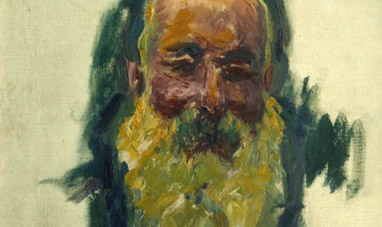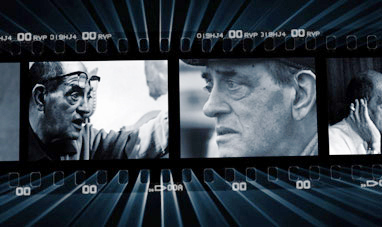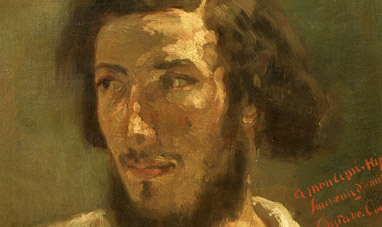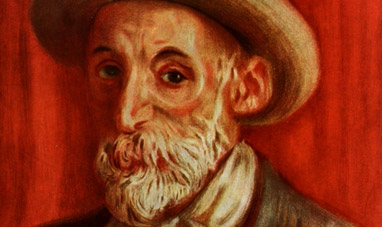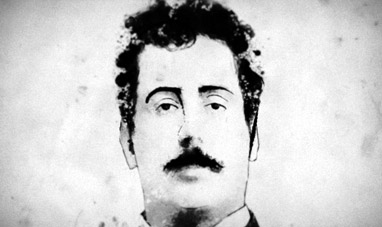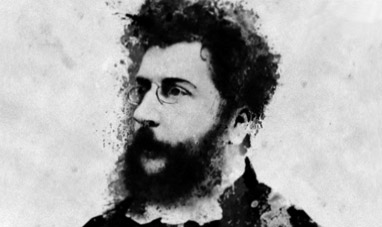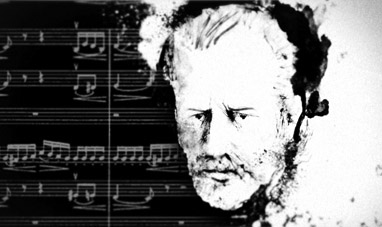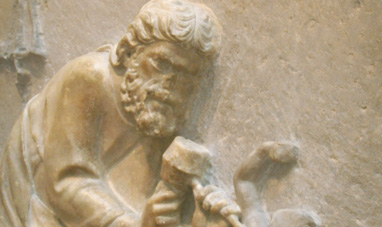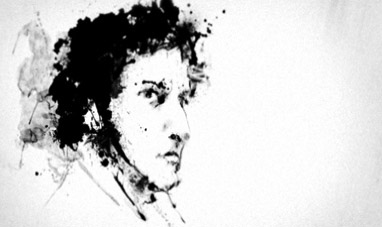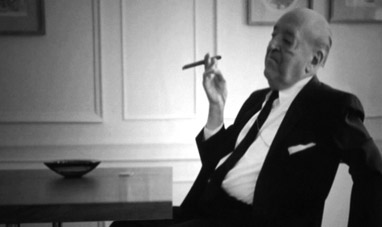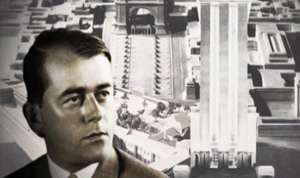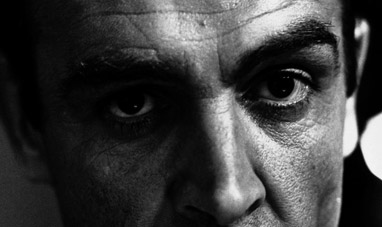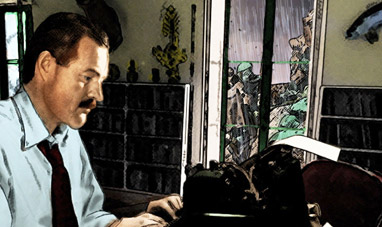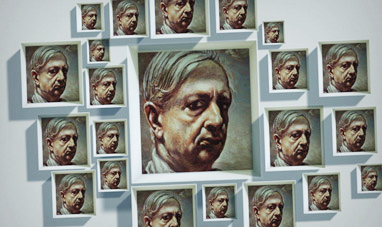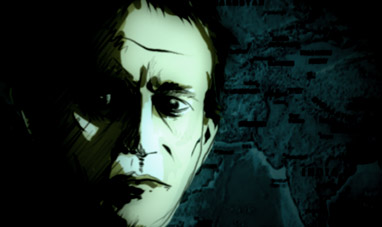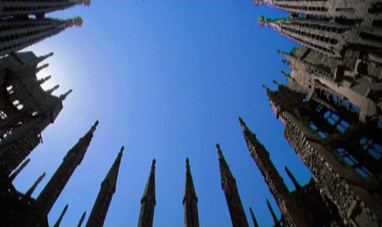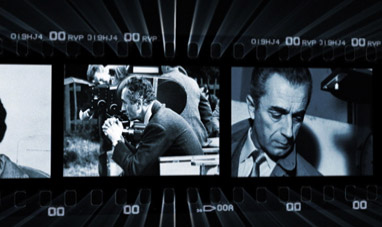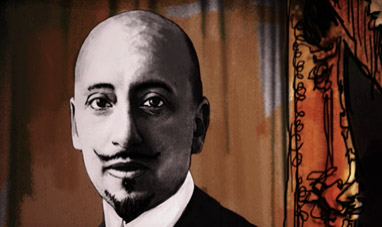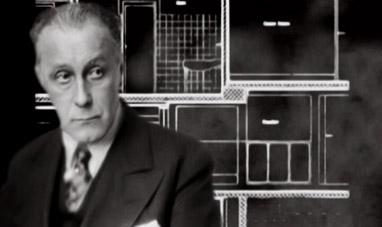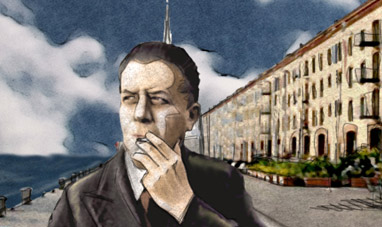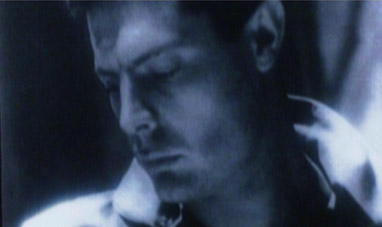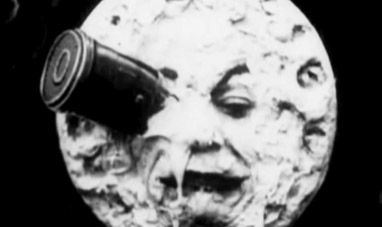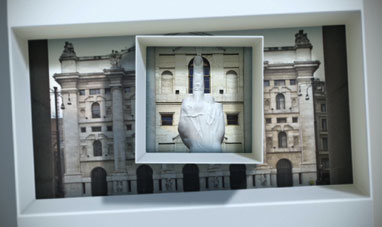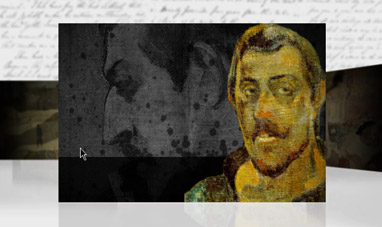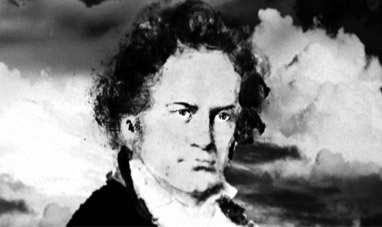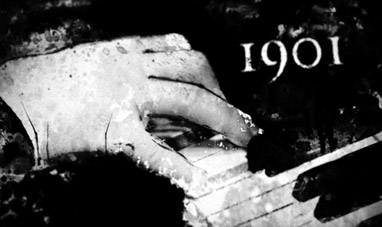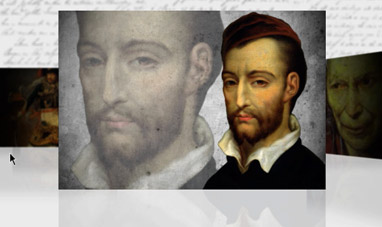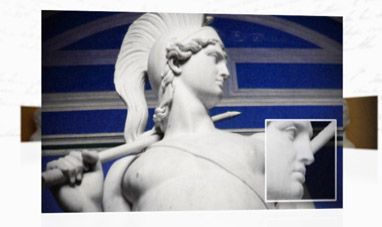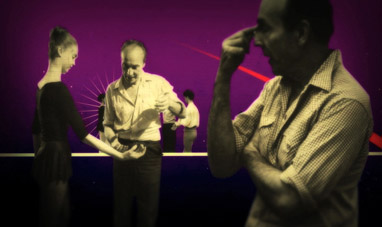Friedrich Christian Anton Lang, known as Fritz Lang, was an Austrian director and screenwriter. Born in Vienna on December 5, 1890, his father pushed him to study architecture, but the young Fritz soon realized his talents lay elsewhere. He ran away from home to study painting, first in Munich and then Paris. When World War One [July 28, 1914] broke out, Lang was enlisted in the Austro-Hungarian army. He was wounded in the leg, and began to write screenplays while convalescing from the injury. In 1920, he met actress and writer Thea von Harbou. They married two years later. His first success was Between Worlds, [1921] the story of a girl who makes a pact with Death to save the young man she loves. The theme of man's struggle against his fate was often present in Lang's work. His use of chiaroscuro and imposing scenery gave the film an Expressionist feel. Another film with an Expressionist atmosphere was Dr. Mabuse, King of Crime, [1922] the first in a series of films devoted to this evil character.
When he was 37, Lang directed Metropolis. [1927] In it he imagined a 21st-century city in which a few rich individuals exploited the entire working class. It became a model for many science fiction films. Inspired by a true story, M [1931] was his first "talking" film. In it, a haunting Peter Lorre played one of the first serial killers to hit the big screen.
His German films ended with The Testament of Dr. Mabuse, [1933] which accentuated the bloodthirsty aspects of the character in a clear allusion to the Nazis. Nazi Propaganda Minister Joseph Goebbels blocked the distribution of the film, but offered Lang the directorship of the UFA, the most modern production house in Europe. Lang refused. He then divorced his wife, who had joined the Nazi party, he took refuge in Paris. A year later, [1934] Lang moved to the US. There, his creativity blossomed. He tried his hand at a number of Hollywood film genres, including westerns and detective stories. He made many hit films, including Fury, [1936] You and Me [1938] and The Big Heat. [1953] In these films, Lang expressed his vision of man as a victim of destiny, and often dealt with the theme of innocence and guilt. Lang’s output included at least two films critics consider masterpieces: The Woman in the Window, [1944] a noir with a dream-like feel, and the surreal, ambiguous Secret Beyond the Door. These two films, both of which centered on the theme of a double life, were forerunners for Alfred Hitchcock's work. In the last years of his life, Lang returned to Europe and made another film about his most famous character, the Diabolical Dr. Mabuse. [1960] It was his last film. Fritz Lang died in Los Angeles on August 2, 1976. He was 85.
When he was 37, Lang directed Metropolis. [1927] In it he imagined a 21st-century city in which a few rich individuals exploited the entire working class. It became a model for many science fiction films. Inspired by a true story, M [1931] was his first "talking" film. In it, a haunting Peter Lorre played one of the first serial killers to hit the big screen.
His German films ended with The Testament of Dr. Mabuse, [1933] which accentuated the bloodthirsty aspects of the character in a clear allusion to the Nazis. Nazi Propaganda Minister Joseph Goebbels blocked the distribution of the film, but offered Lang the directorship of the UFA, the most modern production house in Europe. Lang refused. He then divorced his wife, who had joined the Nazi party, he took refuge in Paris. A year later, [1934] Lang moved to the US. There, his creativity blossomed. He tried his hand at a number of Hollywood film genres, including westerns and detective stories. He made many hit films, including Fury, [1936] You and Me [1938] and The Big Heat. [1953] In these films, Lang expressed his vision of man as a victim of destiny, and often dealt with the theme of innocence and guilt. Lang’s output included at least two films critics consider masterpieces: The Woman in the Window, [1944] a noir with a dream-like feel, and the surreal, ambiguous Secret Beyond the Door. These two films, both of which centered on the theme of a double life, were forerunners for Alfred Hitchcock's work. In the last years of his life, Lang returned to Europe and made another film about his most famous character, the Diabolical Dr. Mabuse. [1960] It was his last film. Fritz Lang died in Los Angeles on August 2, 1976. He was 85.

